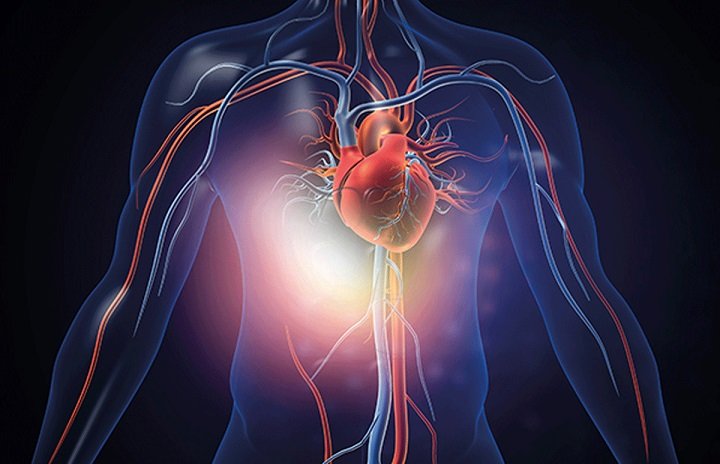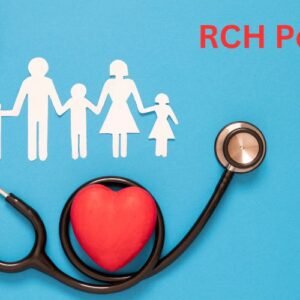One of the most concerning connections is the relationship between alcohol use disorder and heart disease, a leading cause of death globally. The impact of chronic alcohol consumption on cardiovascular health is profound, making it essential to understand this connection and the importance of alcohol use disorder treatment in mitigating these risks.
The Cardiovascular Impact of Alcohol Use Disorder
Alcohol use disorder significantly impacts the cardiovascular system, leading to various forms of heart disease. Chronic heavy drinking can elevate blood pressure, a major risk factor for heart disease. High blood pressure, or hypertension, forces the heart to work harder to pump blood, eventually leading to hypertrophy, where the heart muscles thicken and stiffen.
This condition can escalate into heart failure, a serious condition where the heart is unable to pump blood effectively. Therefore, addressing hypertension through alcohol use disorder treatment is crucial to preventing the progression of heart disease.
Moreover, excessive alcohol consumption is linked to the development of cardiomyopathy, a condition where the heart muscle becomes weakened and enlarged, reducing its ability to pump blood efficiently. This condition often results in heart failure, arrhythmias, and other serious complications.
Alcoholic cardiomyopathy is a direct consequence of long-term alcohol abuse, and its progression can be halted or even reversed with timely alcohol use disorder treatment. The importance of early intervention cannot be overstated, as continued alcohol use in the presence of cardiomyopathy can lead to irreversible damage and increased mortality.
The Role of Alcohol in Atherosclerosis
Atherosclerosis, the buildup of fatty deposits (plaques) in the arteries, is another cardiovascular condition closely associated with alcohol use disorder. Chronic alcohol consumption can contribute to the development of atherosclerosis by increasing levels of low-density lipoprotein (LDL) cholesterol, commonly known as “bad” cholesterol, and triglycerides in the blood.
These lipids contribute to plaque formation in the arteries, narrowing them and restricting blood flow to the heart. This can lead to coronary artery disease, heart attacks, and strokes. Managing cholesterol levels through lifestyle changes and alcohol use disorder treatment is essential to reduce the risk of atherosclerosis and its complications.
In addition to promoting lipid abnormalities, alcohol also contributes to inflammation and oxidative stress, both of which play significant roles in the development of atherosclerosis. Chronic inflammation can damage the inner lining of the arteries, making them more susceptible to plaque buildup.
Alcohol-induced oxidative stress further exacerbates this damage by creating an imbalance between free radicals and antioxidants in the body, leading to cellular damage. Alcohol use disorder treatment, combined with anti-inflammatory and antioxidant-rich diets, can help reduce these risks and protect cardiovascular health.
The Connection Between Alcohol and Arrhythmias
Arrhythmias, or irregular heartbeats, are another serious consequence of alcohol use disorder. Binge drinking, in particular, is associated with a condition known as “holiday heart syndrome,” where individuals experience acute episodes of arrhythmias, especially atrial fibrillation, after heavy alcohol consumption.
Atrial fibrillation increases the risk of stroke and heart failure, making it a significant concern for those with alcohol use disorder. Alcohol use disorder treatment is crucial in preventing such episodes by promoting abstinence or moderation, thus protecting the heart from these dangerous irregularities.
Chronic alcohol use can also lead to long-term changes in the electrical pathways of the heart, increasing the likelihood of persistent arrhythmias. These conditions can be life-threatening if not properly managed. Treatment for alcohol use disorder, including medical and behavioral interventions, can help reduce the frequency and severity of arrhythmias, improving overall heart health and reducing the risk of sudden cardiac events.





